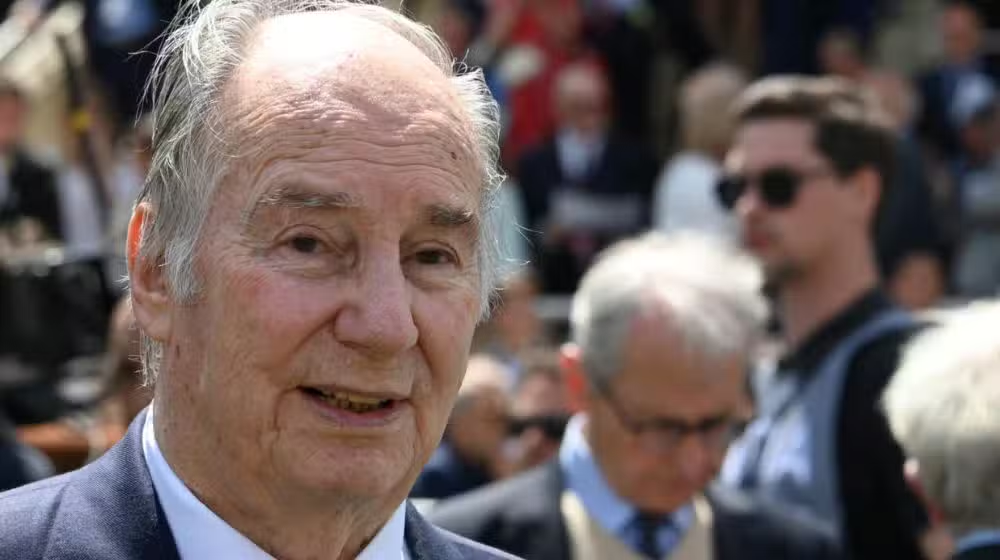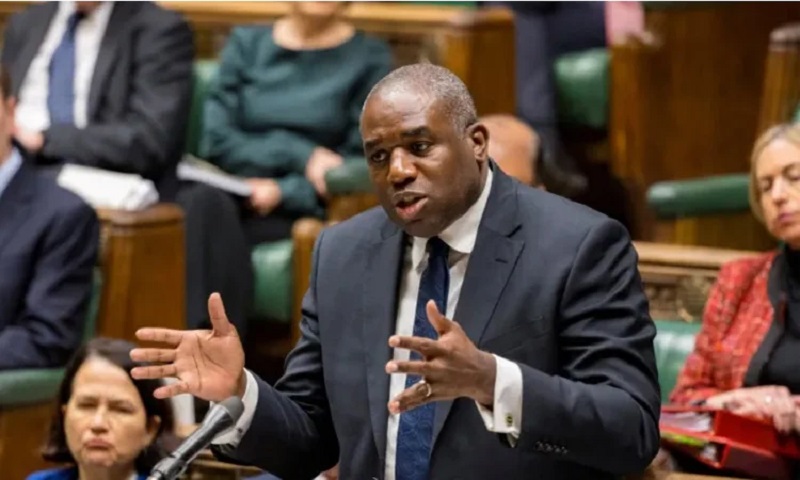Prince Karim Al-Hussaini, known as Aga Khan IV, the spiritual leader of the Ismaili Muslim community and head of the renowned Aga Khan Development Network (AKDN), passed away on February 4, 2025, at the age of 88 in Lisbon. His foundation confirmed the news, sharing that he was surrounded by his family during his final moments. The Aga Khan was the 49th hereditary Imam of the Shia Ismaili Muslims and a direct descendant of Prophet Muhammad (peace be upon him). The identity of his successor remains to be announced.
A Legacy of Spiritual Leadership and Global Development
As the leader of millions of Ismaili Muslims worldwide, Aga Khan IV was instrumental in guiding his community. Beyond his spiritual leadership, he was the founder and president of the Aga Khan Development Network, a prominent global development organization that employs 96,000 people. Through the AKDN, he spearheaded development initiatives focused on improving education, healthcare, and infrastructure, particularly in Asia and Africa.
READ MORE: Pakistan’s $60 Billion Export Target in Jeopardy Due to Doubled Gas Prices
In the wake of his passing, United Nations Secretary-General Antonio Guterres praised the Aga Khan as “a symbol of peace, tolerance, and compassion in our troubled world.” Nobel Peace Prize laureate Malala Yousafzai also honored his legacy, highlighting his work in global development, particularly in education and healthcare.
Early Life, Personal Interests, and Philanthropy
Born in Geneva, the Aga Khan spent his early years in Kenya before being appointed as the Ismaili Imam in Tanzania in 1957, following the death of his grandfather. His father had been bypassed for succession due to his marriage to Hollywood actress Rita Hayworth.
Apart from his religious and philanthropic roles, the Aga Khan was a passionate supporter of horse racing and continued his family’s tradition of breeding thoroughbreds. A billionaire, he owned yachts and private jets but was known for dedicating much of his wealth to humanitarian causes. His extensive contributions to global development earned him honorary Canadian citizenship.
In addition to holding British and Portuguese citizenship, the Aga Khan established a significant Ismaili leadership base in Lisbon, where a large Ismaili community resides.
Advocacy for Peace and Understanding
Despite his influential position, the Aga Khan was cautious in addressing political and religious conflicts, particularly in the Middle East. In a 2017 interview, he emphasized that Islam is a religion of peace, not conflict. He also criticized the political misuse of religion, stating that such interpretations misrepresented the true teachings of Islam.


